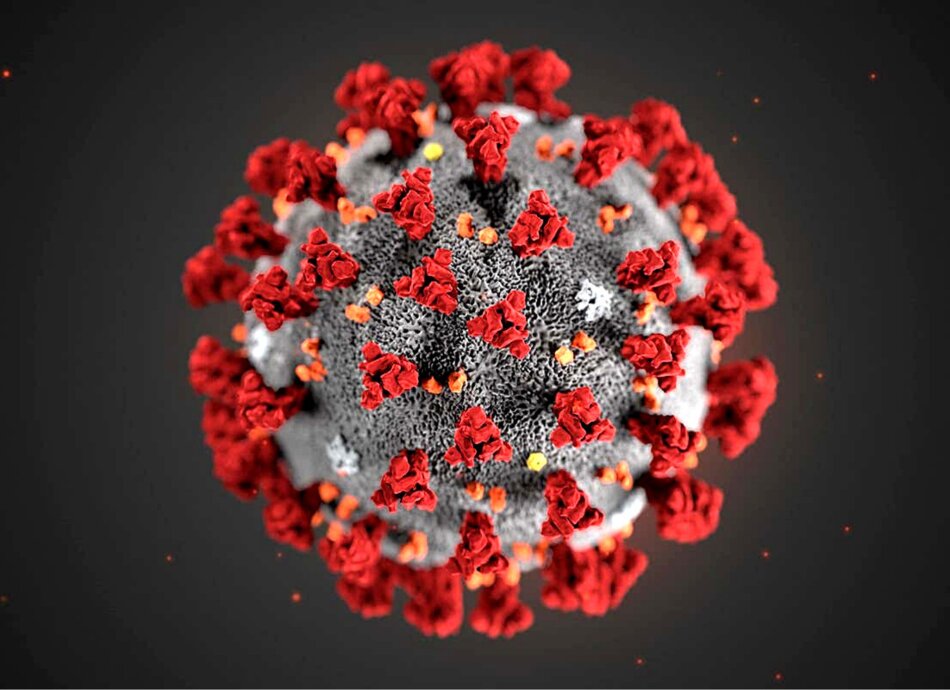COVID-19: Rapid antigen tests
Also called RATs
Key points about COVID-19 and rapid antigen tests
- Rapid antigen tests (RATs) are currently New Zealand’s primary testing tool for people with COVID-19 symptoms or household contacts.
- A RAT is generally taken with a nose swab. Tests can be carried out under supervision (done by a healthcare professional), or you can do it yourself.
- Find out more about when you should have a test and how to report them.

Testing for COVID-19 with RATs is still important as it helps to:
- manage the spread of COVID-19
- support eligible people to access antiviral medications
- help to reduce the impact of COVID-19 on hospital admission rates.
Anyone who develops COVID-19 symptoms is recommended to stay at home and test with a RAT.
If somebody in your household has COVID-19 you no longer have to test unless you develop symptoms. If you do get symptoms, do a RAT test and if it's positive its recommended you isolate for 5 days. If it's negative and symptoms continue, stay at home and take another test in 24 and 48 hours.
Read more about COVID-19 symptoms and how to manage them.
RATs are no longer available free in Aotearoa New Zealand. You can purchase RATs from community pharmacies and retail stores such as supermarkets.
How to take the test will vary, depending on the brand of RAT. If you are doing the test yourself, we recommend following the manufacturer’s instructions carefully. You can find these instructions inside with the testing kit. You can also read Health New Zealand | Te Whatu Ora advice on how to use a RAT test(external link).
All RAT kits should be kept out of reach of young children and stored safely according to the manufacturer’s instructions.
If you need support to carry out a test or to understand the results, call Healthline free on 0800 611 116.
If you get a negative test result and do not have symptoms, you continue doing your day-to-day activities like going to work or school.
If you get a negative test result but you do have symptoms, stay at home and take another RAT 24 and 48 hours later.
If you get a positive test result, it is recommended that you stay home and isolate for at least 5 days. Report your result (see below).
Yes, report the results of your RAT through My Covid Record. Record all results (positive and negative) as it helps us better understand the outbreak.
To report your result, log in to your My Health Record(external link) (used to be My Covid Record).
Parents and caregivers can now choose to use My Health record to report RAT results for children under 12 and other family members. If you're having problems getting results for your tamariki registered, your GP surgery can help with that.
COVID-19 testing and reporting(external link) Health New Zealand | Te Whatu Ora
COVID-19 – information for businesses(external link) Ministry of Business, Innovation & Employment, NZ
References
- Interim guidance for antigen testing for SARS-CoV-2(external link) CDC
- Saliva testing, and rapid antigen tests (RAT), for SARS CoV-2 in Aotearoa NZ(external link) Auckland Region HealthPathways, NZ, 2021
Credits: Healthify editorial team. Healthify is brought to you by Health Navigator Charitable Trust.
Page last updated:





